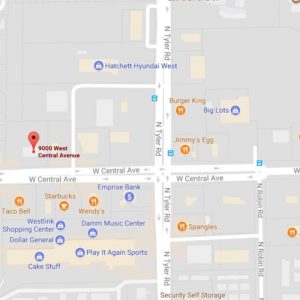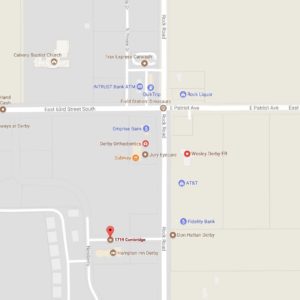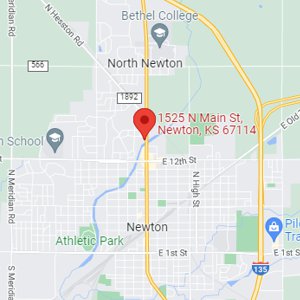Palpitations are a common symptom in all age groups, especially women and they become more common when you get older. Palpitations can feel like your heart is ‘skipping a beat’ or ‘racing’ or may be felt as ‘heart pounding’ or ‘heart fluttering’.
Heart palpitations are most often not serious. They may be provoked by stress, anxiety, excess caffeine, excess alcohol, over the counter medicines like nasal decongestants, diet drugs, asthma inhalers, dehydration, loss of electrolytes and low levels of oxygen in your blood (for example, sleep apnea and emphysema). High adrenaline levels are a significant precipitating factor. An overactive thyroid can also be responsible and they are also commonly felt during pregnancy.
However, palpitations can also suggest underlying disease of the heart muscle, valves or arteries supplying the heart (coronary artery disease). They may be caused by abnormal heart rhythms or ARRHYTHMIAS which are due to abnormal electrical circuits within your heart or due to heart beats that occur early. It is important to discuss your symptoms with your doctor so that benign rhythm disturbances can be separated from dangerous ones.
Your doctor may order an electrocardiogram to monitor the electrical activity of your heart while you are at the office or may ask you to wear a monitor for either 24 hours (Holter monitor) or 30 days (event monitor) depending on how often you have symptoms. You may also be referred to a cardiologist for further evaluation and treatment.
Older men and women can often develop a persistent irregular heart rhythm called atrial fibrillation which often needs a blood-thinner like Coumadin in addition to other medications because of a higher risk of stroke.
Palpitations, depending on the cause, can be treated in a variety of ways. It is important to avoid stress and caffeine, limit alcohol intake, quit smoking, sleep well, keep hydrated and exercise regularly. In addition, you may be started on drugs such as beta blockers and calcium channel blockers to suppress your palpitations. Your cardiologist may also prescribe specific antiarrhythmic drugs (for example amiodarone, sotalol) to treat your arrhythmias. Some arrhythmias require a procedure to “burn” the abnormal pathway causing the arrhythmias called an ABLATION which is a minor, low risk procedure done by a cardiac electrophysiologist (‘electrical specialist’).
Seek IMMEDIATE MEDICAL ATTENTION if your palpitations make you dizzy, cause you to faint and also if you have chest pain, shortness of breath or sweating as these may indicate a heart attack.
To help your doctor diagnose your condition keep track of how often your palpitations occur, how long they last, if they occur with any activity and if you have other symptoms like dizziness. Fortunately, most often palpitations are not serious but they should be discussed with your doctor.






